The Emotional Impact of Online Defamation
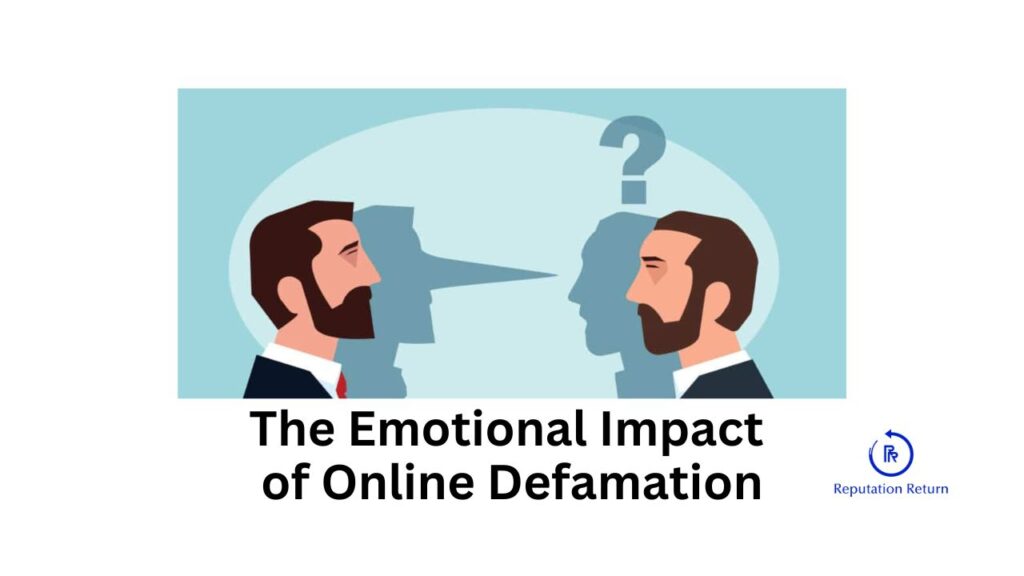
Online defamation severely impacts a person’s emotional well-being, causing anxiety, depression, and low self-esteem. For instance, constant negative comments can lead to chronic stress and a fear of social interactions. Professionals may see their hard-earned reputations tarnished, resulting in job loss or diminished business opportunities. This can lead to social isolation and a lack of trust in others. The financial and emotional toll of legal battles to combat defamation adds to the distress. Seeking support from mental health professionals, legal experts, and online reputation management services is essential to rebuild self-esteem and mitigate the negative impacts on their well-being.
Online Reputation Management for Private Investigators

A private investigator’s reputation is pivotal, influencing referrals and trust from attorneys who rely on their expertise. Online Reputation Management (ORM) is essential for PIs to safeguard against negative reviews, defamation, and privacy breaches. Proactive monitoring using tools like Google Alerts, coupled with positive content creation through blogs, client testimonials, and strategic SEO, enhances visibility and credibility. Addressing negative feedback promptly and professionally, and respecting client confidentiality, are crucial. Collaboration with ORM professionals can streamline these efforts, ensuring a resilient online presence that fosters trust and attracts new clients, particularly from the legal community.
How to Handle and Respond of Online Slander, Defamation and Maliciousness
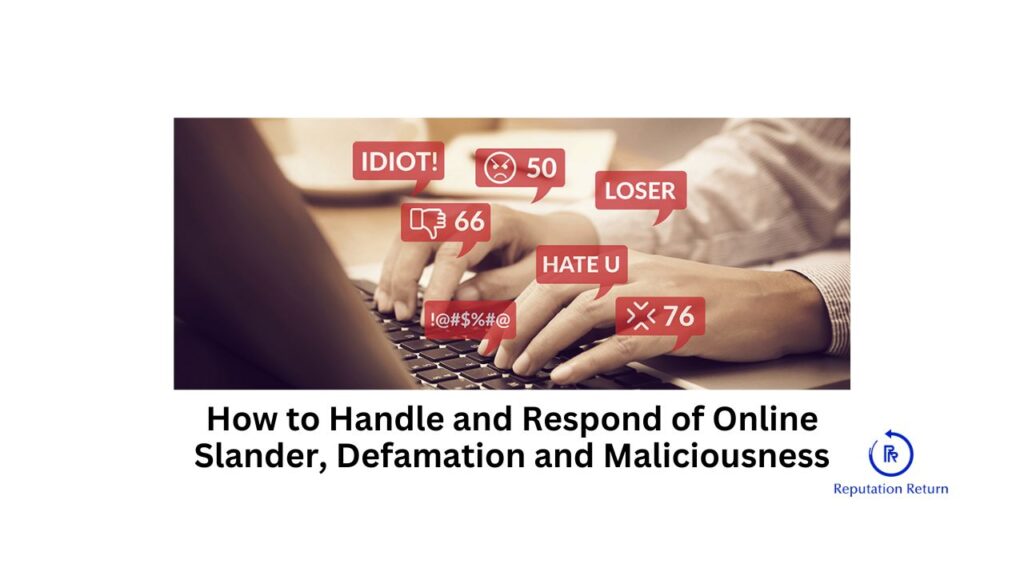
Facing online slander and defamation requires swift and strategic action. Begin by documenting all instances, including screenshots and URLs. Contact the platform hosting the defamatory content, providing evidence to request removal. If this proves unsuccessful, seek legal advice from a defamation attorney.
Online reputation management (ORM) is crucial for recovery. ORM experts monitor your online presence, create and promote positive content, and use SEO to push down negative results. They manage your social media profiles and coordinate with legal professionals to remove harmful content. This comprehensive approach helps restore and protect your reputation effectively.
The “About Me” Strategy for Online Reputation Management
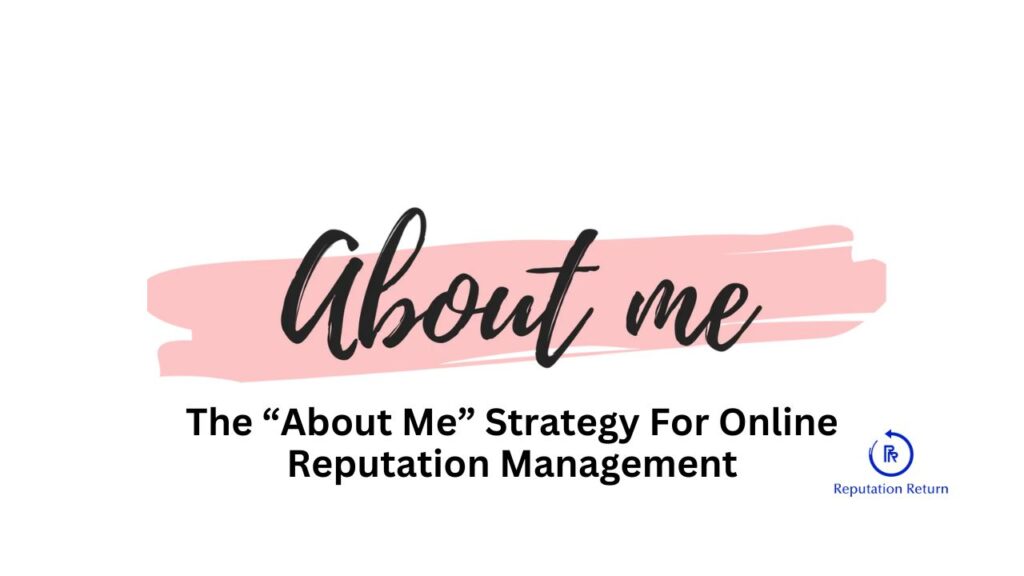
The “About Me” strategy for online reputation management involves crafting a compelling and authentic personal or business profile to dominate search results with positive information. Start by creating and optimizing “About Me” pages on your website and social media platforms, highlighting your achievements, values, and expertise. Regularly update these pages with relevant content, such as blog posts, media mentions, and testimonials. Engage with your audience through these profiles, responding to comments and sharing valuable insights. This strategy helps ensure that when people search for you online, they find accurate, positive information that reflects your true character and professional accomplishments.
ScamAdviser Removal: Tips and Tricks for Effective Online Reputation Management
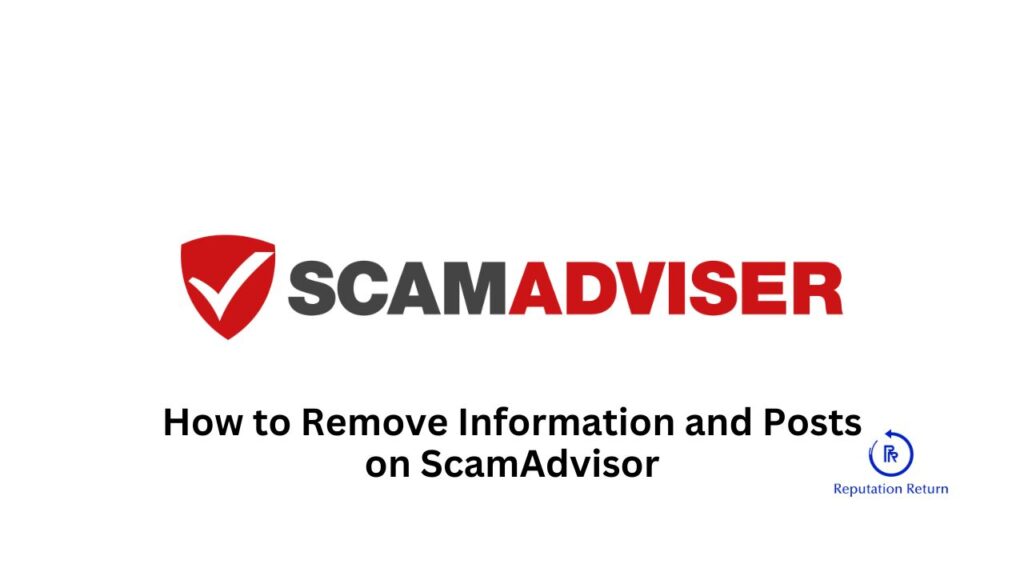
Removing a listing from ScamAdviser requires a strategic approach. Start by contacting ScamAdviser’s support team through their website, providing specific details about the listing and why it should be removed, such as inaccuracies or malicious intent. Supply any supporting evidence to strengthen your case. Additionally, you can request a re-evaluation of your website to improve its trust score. Addressing any issues highlighted by ScamAdviser, such as improving website security or transparency, can also help. If necessary, seek assistance from online reputation management services to effectively navigate the process and ensure your request is handled promptly and efficiently.
Leveraging Vendors to Improve Your Online Reputation: A Strategic Approach
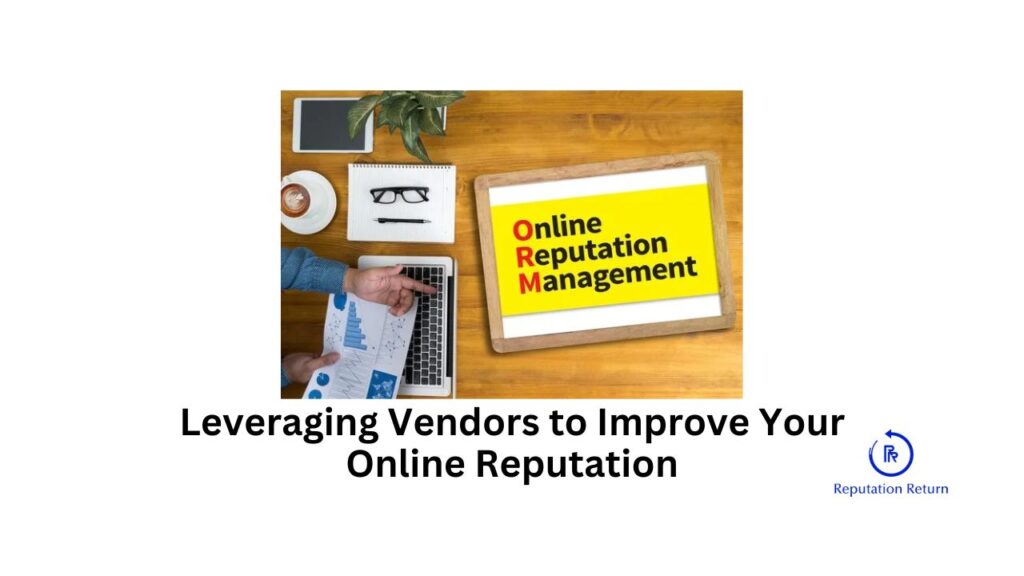
Leveraging vendors to improve your online reputation involves collaborating with specialized service providers who can enhance your digital presence. Vendors such as reputation management firms, SEO experts, and content creators can help manage and repair your online image. These professionals monitor and address negative content, promote positive reviews, and optimize your online profiles. By using their expertise, you can ensure accurate and favorable information appears in search results. Regular engagement with these vendors allows for continuous improvement and quick responses to any reputation issues. This strategic partnership helps build trust with your audience and maintains a positive brand image.
Fake DMCA Takedowns
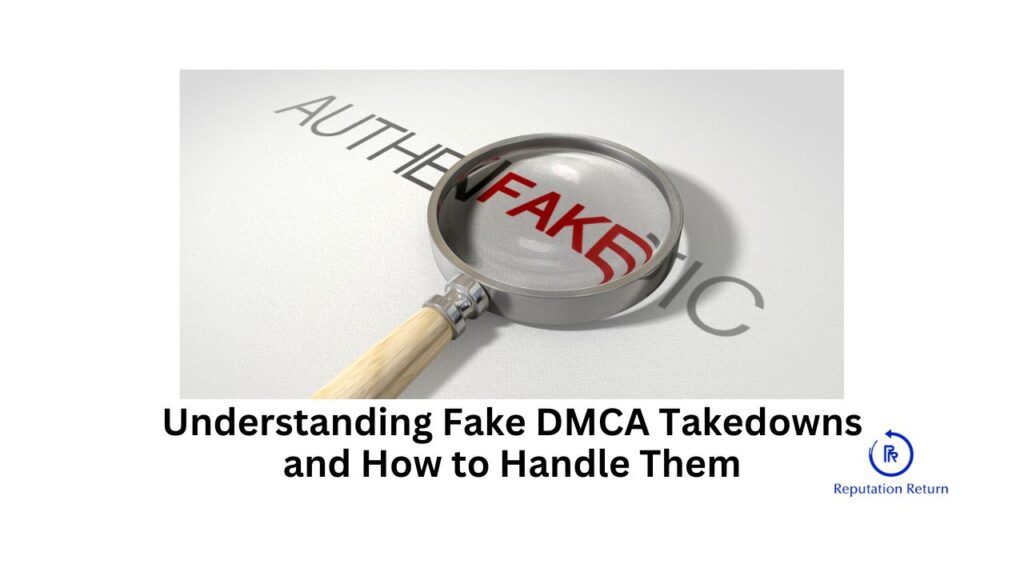
Understanding fake DMCA takedowns is crucial for protecting your content online. A fake DMCA takedown occurs when someone falsely claims copyright infringement to remove or suppress your content. To handle them, first, verify the claim’s authenticity by checking the claimant’s details and the legitimacy of the infringement notice. If it’s fake, file a counter-notification with the hosting platform, providing evidence of your content’s originality. Communicate clearly and promptly with the platform to expedite the process. Consulting legal counsel can also be beneficial. Staying vigilant and knowledgeable about your rights ensures your content remains protected against fraudulent claims.
Reputation Management Strategies for Small Businesses

Small business reputation management involves actively monitoring and shaping how your business is perceived online. Start by claiming and optimizing your business profiles on review sites like Google My Business, Yelp, and social media platforms. Encourage satisfied customers to leave positive reviews and respond promptly to any negative feedback with professionalism and a solution-oriented approach. Regularly publish valuable content, such as blog posts or social media updates, to build a positive online presence. Engaging with your community and addressing concerns transparently can also strengthen trust and loyalty. Hiring an online reputation management service can help streamline these efforts and protect your brand.
Removing Unwanted Content from Justia: A Technical Guide
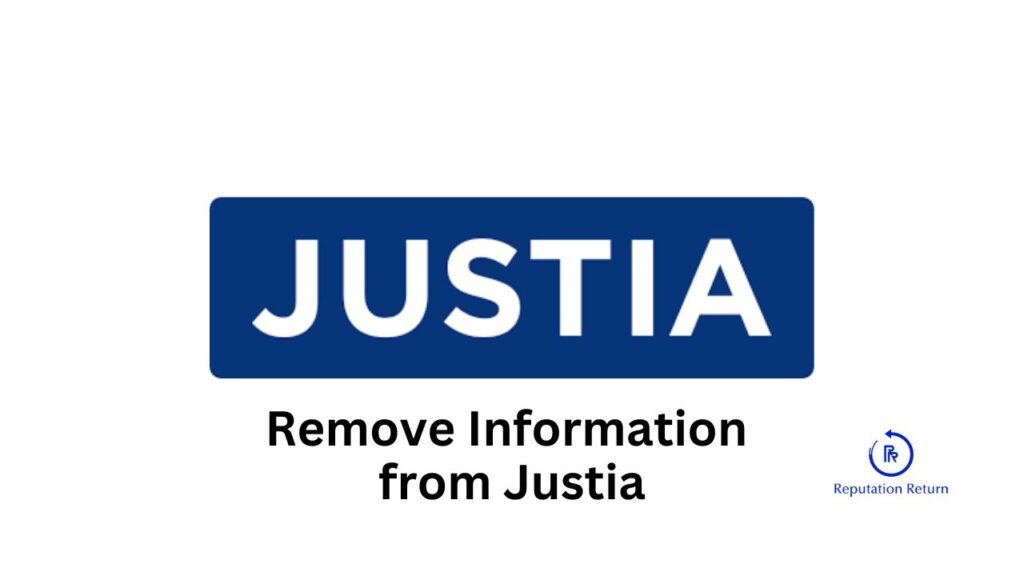
To remove information from Justia, begin by identifying the specific content you want to be removed. Contact Justia’s customer support through their website or email, providing details about the information and the reasons for removal, such as privacy concerns or inaccuracies. You may need to supply supporting documents, like court orders or legal identification. If your request involves sensitive personal information, emphasizing privacy issues can be effective. Consulting a legal professional can also be beneficial to navigate the process. Persistence and clear, respectful communication with Justia are essential to successfully manage and protect your online presence.
How to Delete Information from DocketBird: A Technical Guide
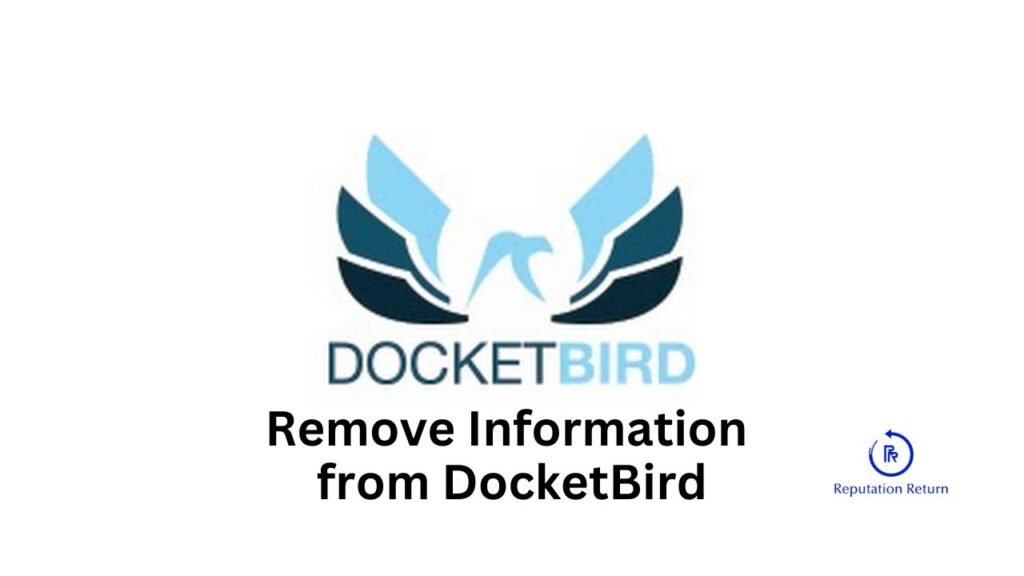
To remove a listing from DocketBird, start by identifying the specific case or document you wish to be removed. Contact DocketBird’s support team via their website or email, providing detailed information about the listing and reasons for its removal, such as privacy concerns or inaccuracies. You may need to provide legal documents or court orders that support your request. In some cases, consulting with a legal professional can help navigate the process effectively. Persistence and clear communication are crucial in ensuring your request is considered, helping protect your privacy and manage your online reputation.
